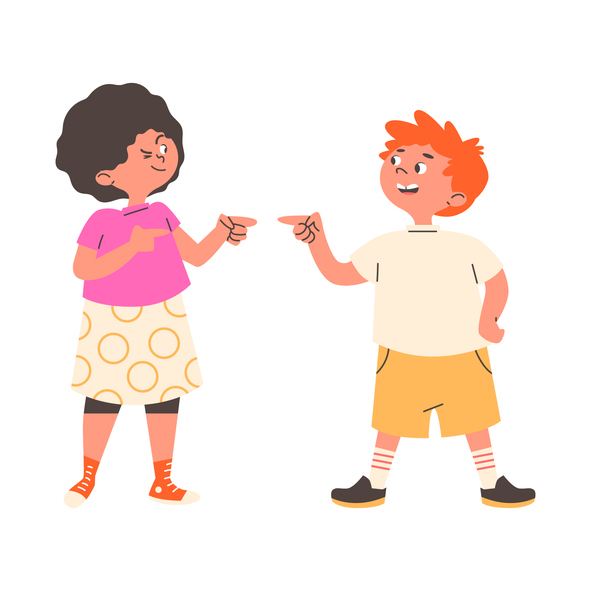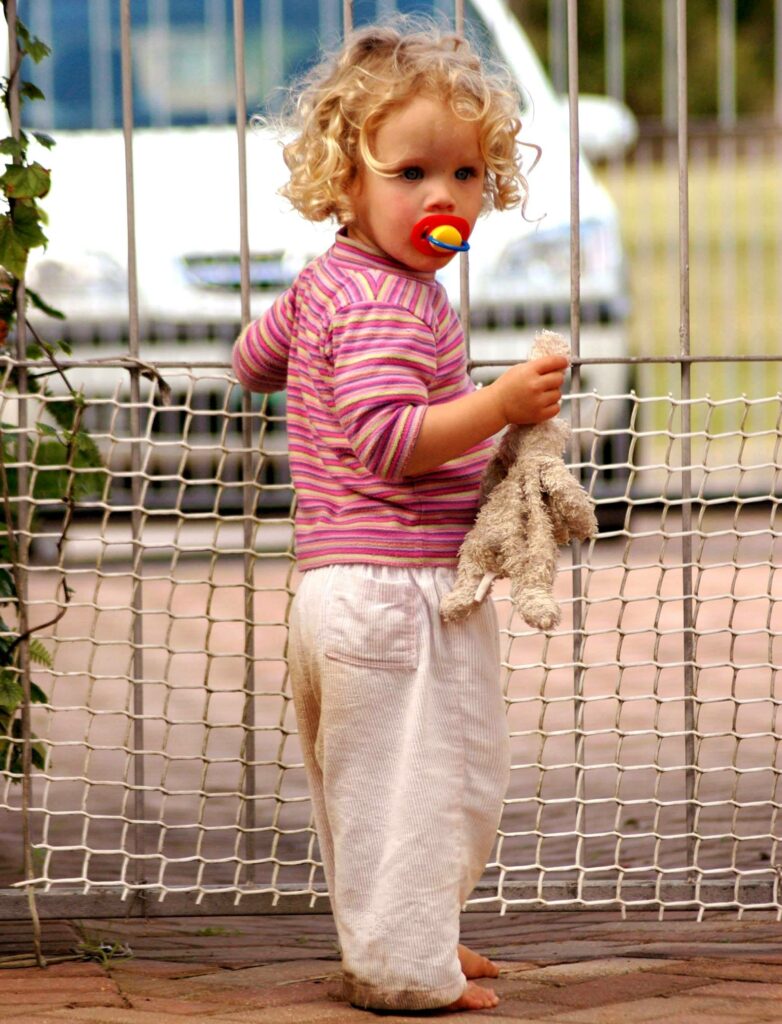Blame Makes You a Victim
When someone hurts us, the natural reaction is to blame them for the pain we feel. Although that person is responsible for their behavior, if I stay in a state of blame, I am keeping myself locked into a state of victimhood, subject to their power over me. And blame is cancer to a relationship. It’s good to vent those feelings by journaling or being truthful with ourselves about the pain. Many times it helps to talk about the pain with a trusted friend or therapist.

But Then Get Down to the Real Work
Years ago Jim did something that infuriated me. He appeared to be taking credit for something I’d worked hard to accomplish. Fortunately, he left before I felt the full impact of what happened. I marched around the house muttering my anger with him. I threw myself face down on the bed and pounded it with my fists letting my anger loose with words I won’t repeat here. Even while I was feeling it, the rage seemed all out of proportion to what Jim had done. When I was quiet, I began asking myself these questions: “When have I felt this angry before? Who was involved? What percentage of anger belongs to that situation and what percentage is actually due to this event with Jim?” I knew that blame is cancer to a relationship.
A rush of memories flooded my mind. I was quite accomplished even as a child. Whenever someone complimented my mother on my accomplishments, she would answer, “Thank you,” as though the credit belonged to her, not me. I felt robbed. Betrayed. Resentful. Invisible. Combine that with their belief that praising children would ruin them…make us stuck up. So I was never given words of encouragement, praise, or acknowledgement for all the things I did well.
Going For the Gold
That day I realized that about 90% of my anger was erupting from past wounds that were ready to heal. I couldn’t express that anger to a parent who would be offended and not give me the understanding I craved. It had festered, buried, for many years waiting for an event that would trigger this old pain and for me to have the skills to release it. Once it was thoroughly vented, I was able to forgive my mother for her limited nurturing and let it go.
I was calm when Jim got home. Without blaming, I told him what had happened and why. He understood. From that day forward he was scrupulously generous in giving me praise for any accomplishment or portion of a joint accomplishment that was mine. His understanding and acknowledgements helped to heal that old deep wound. My belief that I must not really deserve praise or acknowledgment faded away.
The Cause is Rarely the Cause
Being triggered is always an opportunity to heal an old wound. Without a voice, the old wound festers, exerting shadow power over our current experiences. When triggered, the knee-jerk reaction is to blame the one who “caused” the current reaction. The danger is to get stuck in a cycle of blame that destroys the our peace like a cancer and damages the relationship. By understanding what is really happening in the subconscious, we can use the current upset to expose and heal the real cause of the upset…an unhealed wound.
What Then?

Exposing the original cause of the upset presents a menu of options for deeper healing. I may need some professional help to completely discharge all the old anger appropriately. Then, I have the option to forgive whomever caused the original pain. In some cases the need is to forgive myself for putting myself in a situation or relationship that exposed me to abuse. With this clarity, I protect myself by enforcing a reasonable boundary. I am free to let go of the old and the current anger.
The healthy boundary prevents the person from repeating abusive behavior toward me. Or, a healthy boundary may be for myself. I may no longer hang out with those who are apt to hurt me. I refuse to lend money to someone who has shown themselves to be untrustworthy. Or, I choose to monitor my finances more responsibly to prevent excess debt. In the case of my marriage with Jim, I chose to learn and practice more respectful communication skills so I could enjoy a peaceful, loving marriage. Setting a healthy boundary for another is always paired with and requires adopting a healthier boundary for myself.
The Choice
The choice we all have every day is to live life buried under the morass of dysfunctional relationships and painful situations that produce a constant avalanche of blame. Or, to free ourselves by accepting responsibility for the quality of life we are living. The second choice requires courage and self-awareness. It means being willing to give up the deliciousness of blaming another for our pain. Conscious living means I accept the challenge of learning about myself, and growing in wisdom. The result is peeling back layers of darkness and blame to expose the uniqueness and strength of who I really am.
You may find support from my journey partially documented in my book Pungent Boundaries.
You have my love and support,

